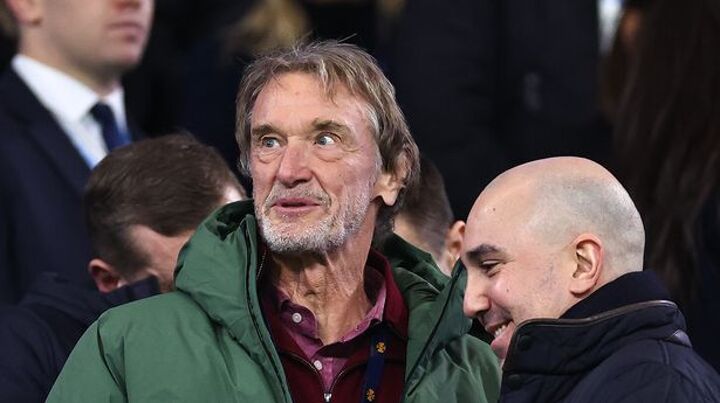Sir Jim Ratcliffe has put the entire Manchester United squad up for sale for the right price, with two main reasons behind his surprise decision.
The Red Devils continue to underperform and with weeks to go in the January transfer window they will be listening to offers for every member of their playing group. This includes some of their leading figures, including Kobbie Mainoo and Alejandro Garnacho.
Ruben Amorim wants to bring in his own players, who only arrived on November 11, but there are limited resources available at Old Trafford. As they enter a new era, the club has accepted that sound team management will be crucial as they look to overhaul the squad.
As a result, all offers will be listened to, with INEOS chief Ratcliffe also keen to change the perception of the Manchester company in the market. United are known for being bad sellers and Ratcliffe wants to change that in the future. The second reason is that United have to follow the rules for profitability and sustainability – and they are under pressure to balance the books if they want to make new purchases.
The Premier League giants are not actively looking to sign the likes of Mainoo, Garnacho and Rasmus Hojlund – who were once considered untouchable – but keeping an open mind is part of the stance they want to take going forward.
Over the past decade the club has seen players leave for significantly less than they were bought for. In the summer they saw Aaron Wan-Bissaka and Donny van de Beek leave, making a huge loss of over £60 million on the pair.
Before that, the likes of Paul Pogba, Nemanja Matic and Fred were all transferred for minimal fees (some leaving for free) as United struggled to maximize their assets. Some of their rivals are willing to sell players at their peak if it serves a purpose for the team.
Mainoo and Garnacho are considered homegrown players, having come through the United Academy, and that would be particularly valuable sales in the age of profit and sustainability rules. Mainoo is restless as he has become frustrated by the lack of movement on a new contract, which was first proposed in May.
